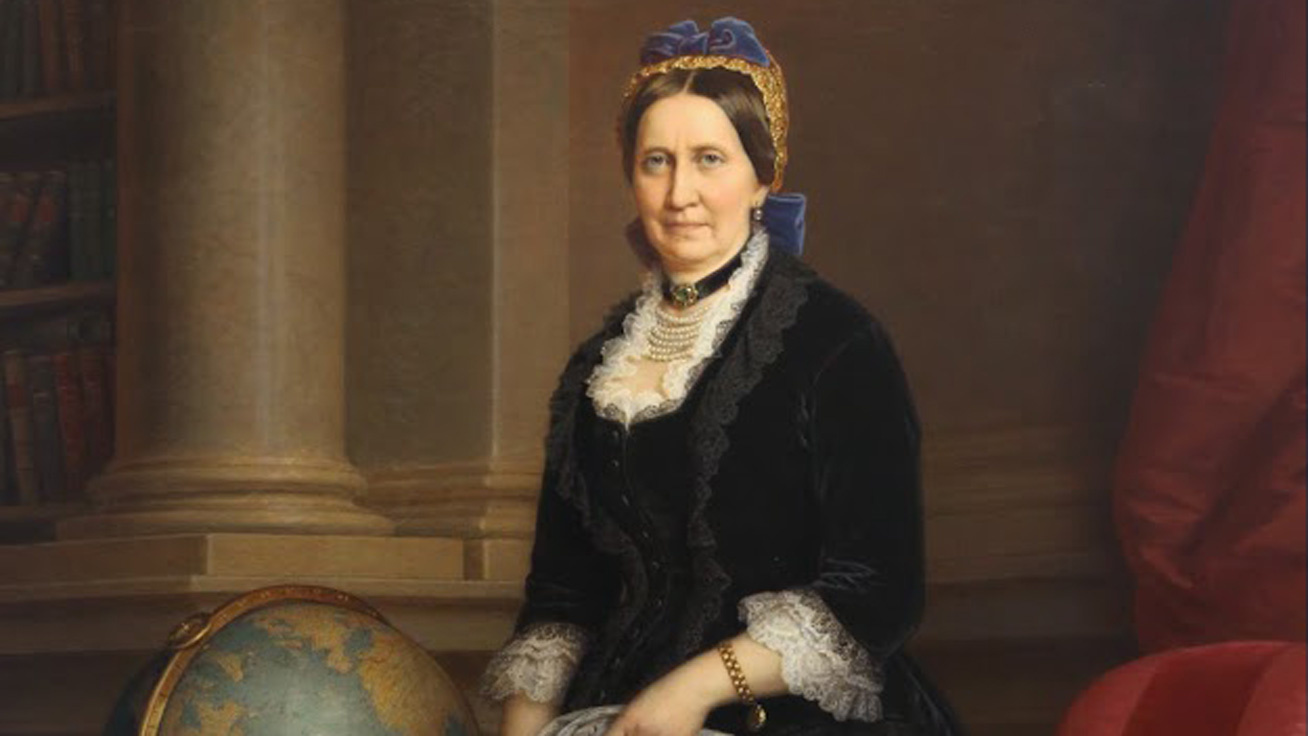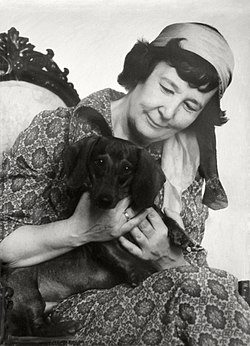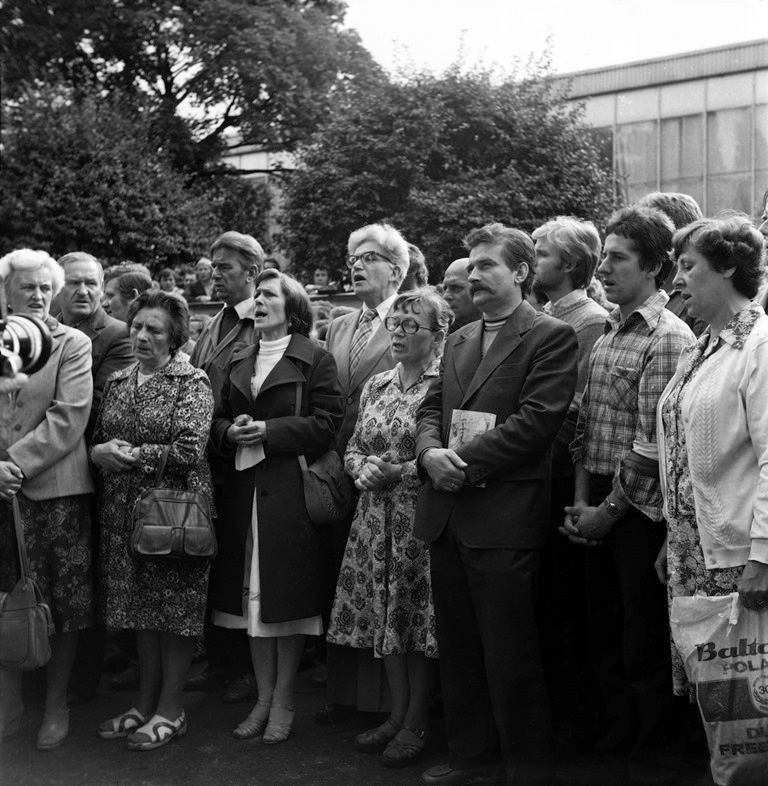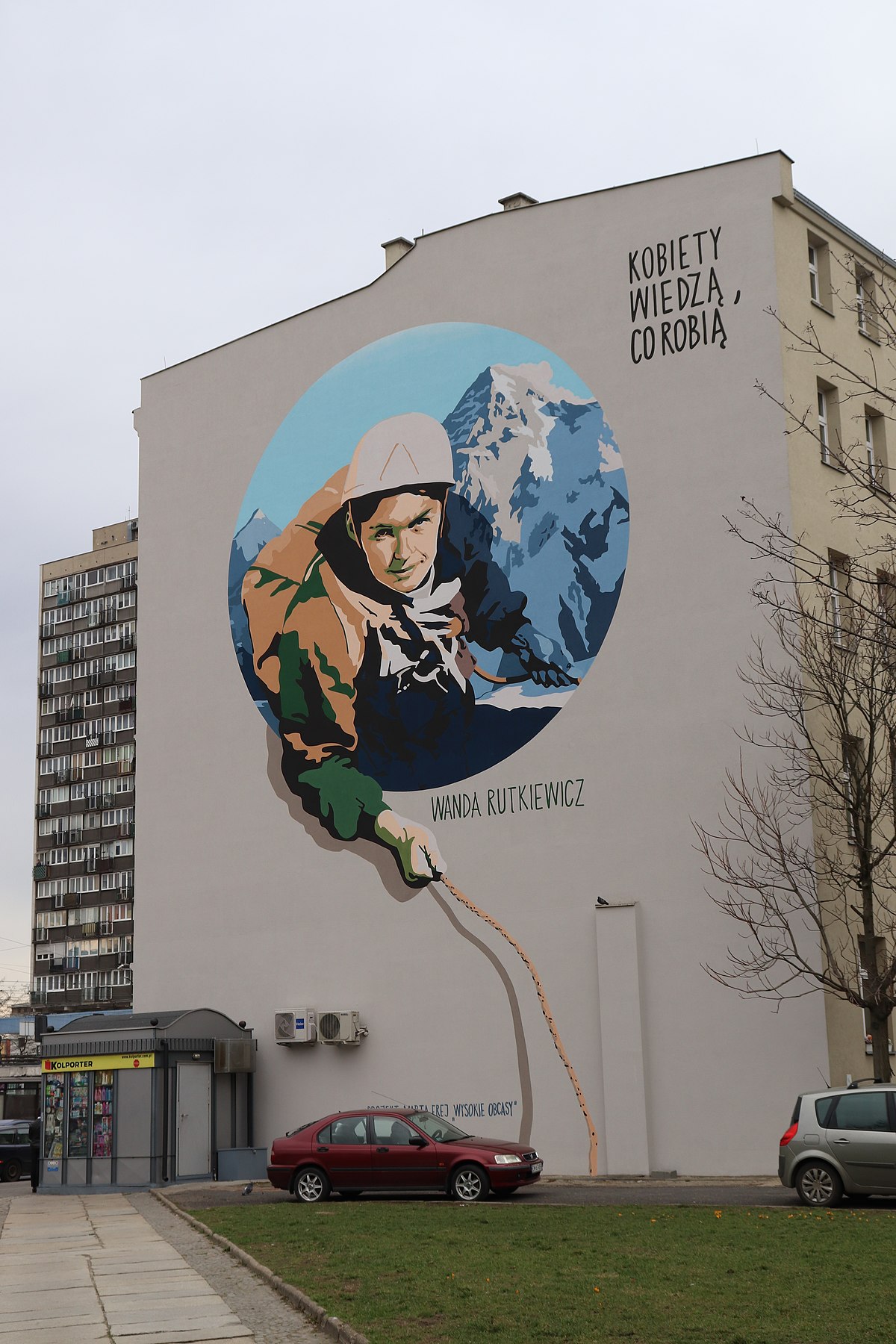Pálné Veres – The Founder of the First Hungarian Women’s School – Budapest, Múzeum körút/Zöldfa utca
Fact of the Hungarian figure „Terezia Brunszvik and the First Hungarian Kindergarten”
Part of the „The emancipation of women” topic
Pálné Veres (1815-1895) was a progressive educator and also a women’s rights advocate in the 19th century. Born into a noble family known for its social sensibility, Veres moved to Vanyarc with her husband after their marriage in 1839. The couple had a daughter named Szilárda, whose education was principal to Pálné Veres. For that reason, the family moved to Pest to provide her the best teachers and education. In 1864, the famous Hungarian writer Imre Madách gave a speech at the Hungarian Academy of Sciences on the immaturity of the female brain. Pálné Veres reacted to this by publishing her fierce answer promoting the equal education of men and women. This public stand marked the beginning of her lifelong commitment to women’s rights. In 1867 she arranged a meeting for women to discuss women’s education and its future possibilities. In 1868, she founded the National Association for Women Education with a handful of other noble women. As a result of these actions, the first secondary school for girls was organized by Pálné Veres in 1869, located on Múzeum körút in Budapest. This institution was revolutionary in that it offered the same education as in boy’s schools. Students took classes on history, mathematics, and foreign languages. This was a real milestone in the history of women’s emancipation in Hungary, marking the beginning of formal education for girls that went beyond basic literacy.
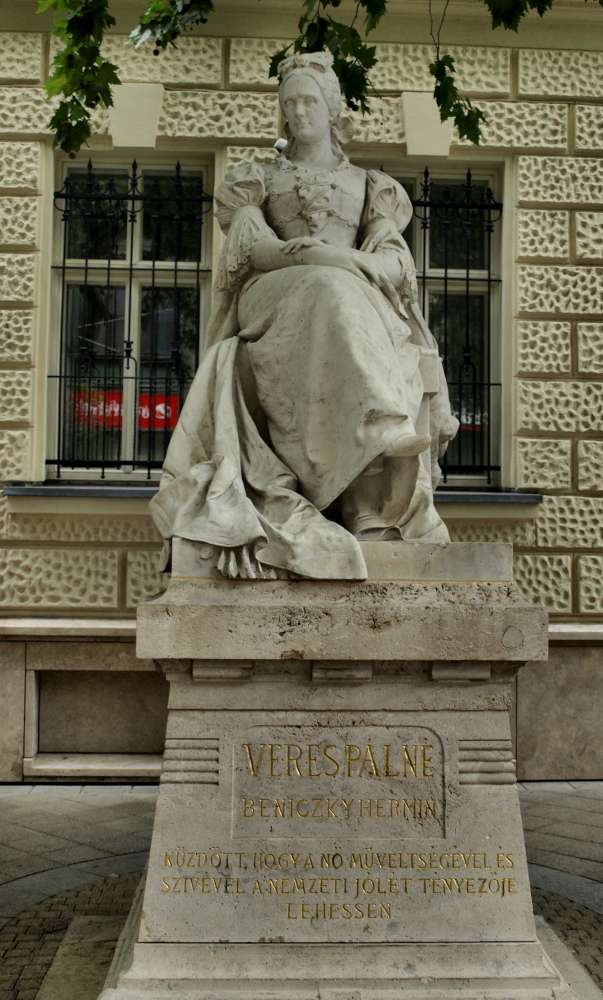
Created by György Kiss, 1906. – The first full-length public statue of a woman in Hungary


